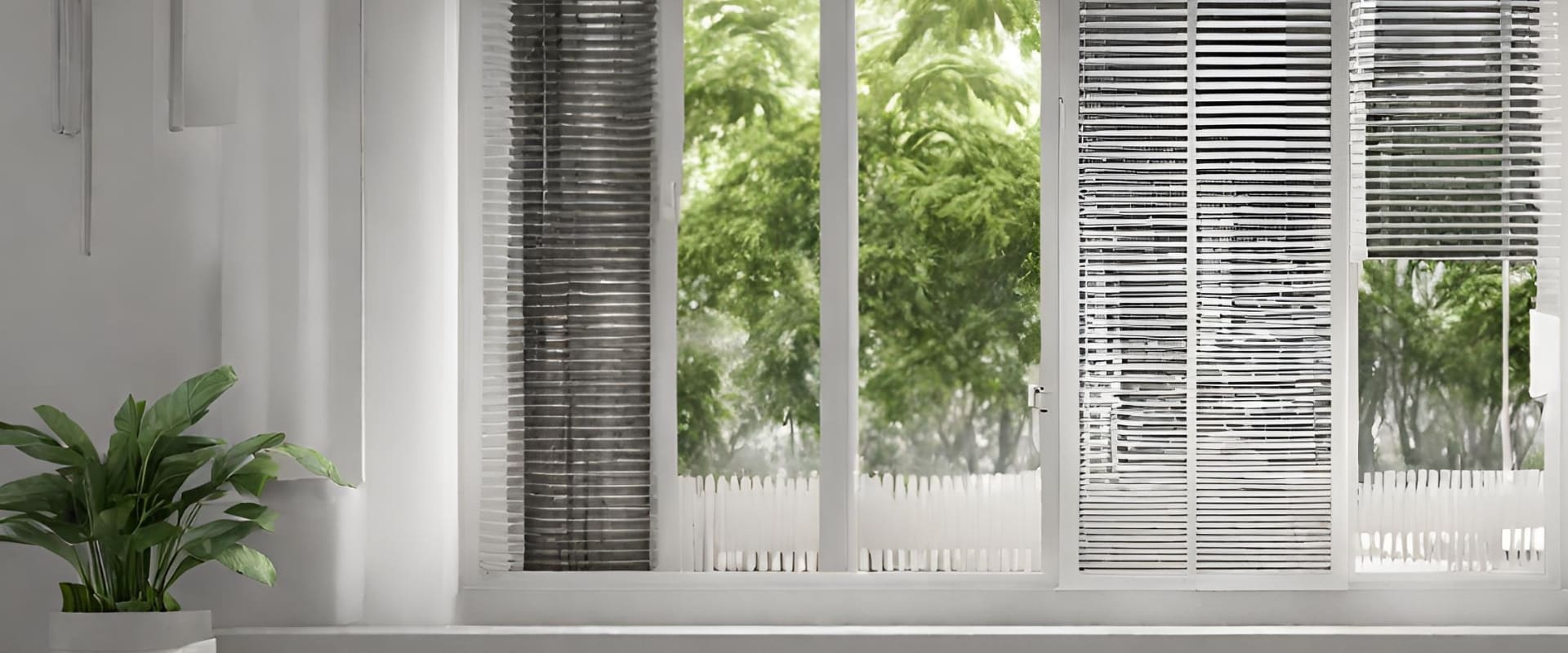Abstract
HEPA Filters are indispensable in managing indoor air quality, efficiently capturing particles as small as 0.3 micrometers. Their fine fiber network traps common allergens and health-risk pollutants, fostering a cleaner and healthier indoor environment. Vital in spaces with high airborne contaminants, HEPA Filters play a pivotal role in promoting respiratory health and overall well-being.
Blog
High Efficiency Particulate Air (HEPA) Filters emerge as indispensable tools in the realm of indoor air quality management, wielding a significant impact in controlling and mitigating indoor air pollution. These specialized filters are meticulously engineered to address a spectrum of airborne contaminants, ranging from commonplace dust and pollen to more insidious particles like pet dander and pollutants known to exacerbate respiratory problems and allergies.
At the heart of HEPA Filters lies a design that distinguishes them from conventional filtration systems. These filters leverage a dense network of exceptionally fine fibers strategically arranged to form a labyrinthine structure. This intricate arrangement serves as an effective barrier, capturing and entrapping airborne particles as the air traverses through the filter. The efficiency of HEPA Filters in particle retention is a testament to the meticulous engineering and precision inherent in their construction.
The primary function of HEPA Filters is to target particles with a high degree of efficiency, often capturing contaminants as small as 0.3 micrometers in size. This level of precision is particularly crucial when addressing microscopic particles that have the potential to infiltrate the respiratory system and trigger a range of health issues. Dust, pollen, mold spores, pet dander, and other allergens are effectively ensnared within the intricate web of fibers, preventing their circulation in the indoor environment.
Beyond their capacity to capture common allergens, HEPA Filters also prove instrumental in dealing with pollutants that pose significant health risks. These pollutants, which can emanate from sources such as cooking activities, household cleaning products, and environmental factors, are adeptly trapped by the filter. The result is an environment that not only feels cleaner but also contributes to the well-being of occupants by minimizing exposure to harmful particles.
In essence, the role of HEPA Filters extends far beyond conventional air filtration methods. Their deployment is especially crucial in environments where the concentration of airborne contaminants is high, such as homes with pets, areas with high pollen counts, or spaces with heightened pollution levels. As the air circulates through the filter, the intricate fiber network acts as a barrier, effectively removing a significant portion of potentially harmful particles and enhancing the overall quality of indoor air.
The widespread adoption of HEPA Filters is a testament to their efficacy and the growing awareness of the importance of indoor air quality. Whether integrated into home ventilation systems, air purifiers, or standalone filtration units, HEPA Filters stand as guardians against airborne particles, promoting not only cleaner air but also a healthier indoor environment for occupants. As the understanding of indoor air pollution evolves, HEPA Filters continue to play a pivotal role in fostering environments that prioritize respiratory health and overall well-being.



